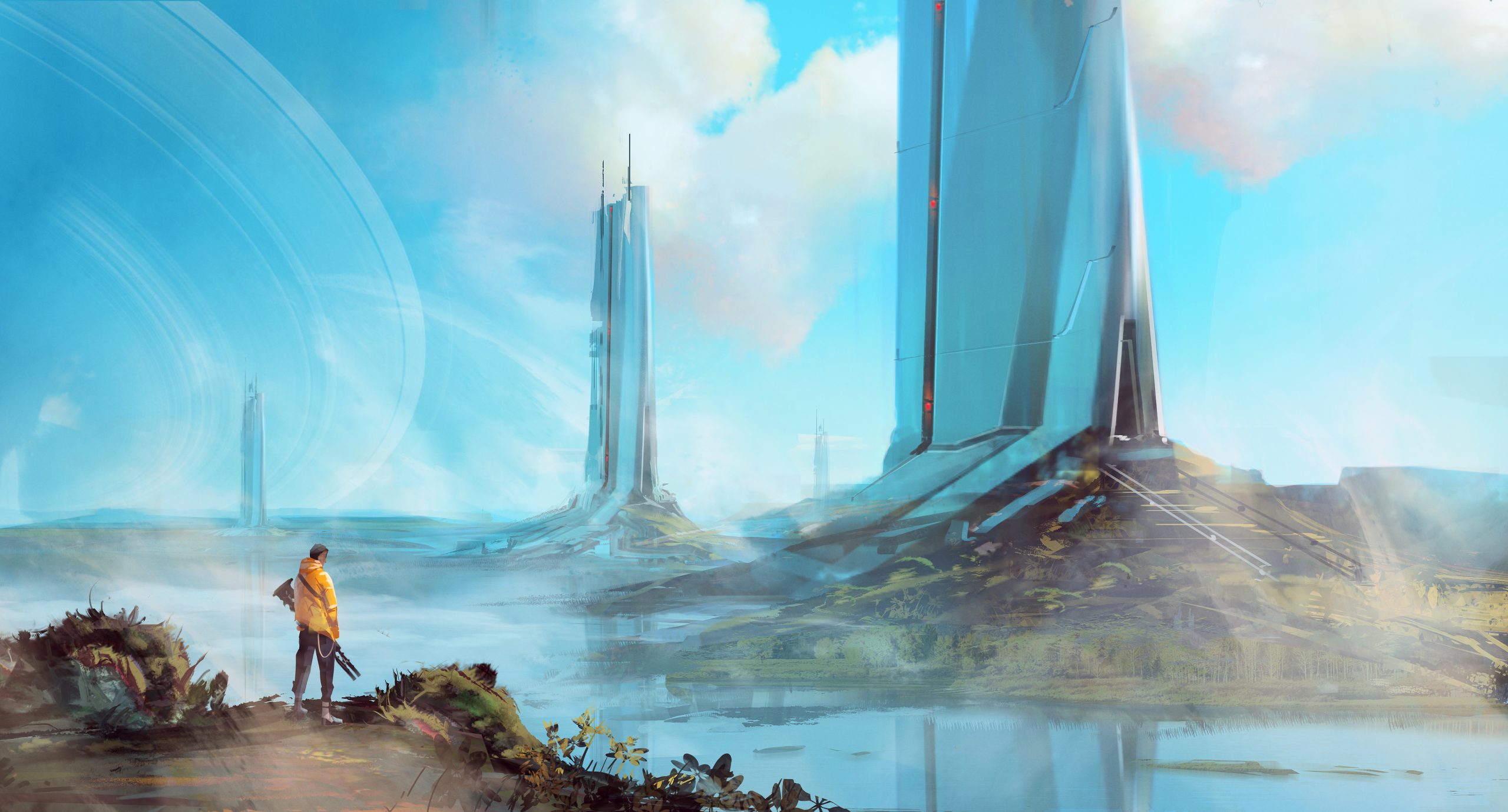Science fiction, often abbreviated as sci-fi, is a genre that transcends the boundaries of time and space, inviting us to embark on fantastical journeys, contemplate futuristic technologies, and ponder the infinite possibilities of the universe. As a genre, science fiction doesn’t merely entertain; it serves as a thought-provoking lens through which we examine the impact of science, technology, and the human condition on both our present and potential futures.
Defying the Constraints of Reality:
At its core, science fiction defies the constraints of reality, inviting us to dream beyond the limits of our current understanding. It transports readers and viewers to distant galaxies, alternate dimensions, and future timelines, challenging conventional notions of what is possible. Whether through literature, film, or other mediums, science fiction encourages us to suspend disbelief and embrace the extraordinary.
Themes of Exploration and Discovery:
One of the defining characteristics of science fiction is its emphasis on exploration and discovery. Whether the narrative unfolds on a distant planet, aboard a spaceship hurtling through the cosmos, or within the intricate circuits of a virtual reality, sci-fi invites us to contemplate the unknown. It sparks curiosity about the mysteries of the universe, the potential of advanced civilizations, and the uncharted territories of scientific progress.
Speculative Technologies and Futuristic Concepts:
A hallmark of science fiction is its ability to introduce speculative technologies and futuristic concepts that push the boundaries of our current understanding. From faster-than-light travel and artificial intelligence to time travel and parallel universes, sci-fi serves as a playground for exploring the “what ifs” that fuel scientific curiosity and innovation.
Dystopian Warnings and Utopian Visions:
Within the vast landscape of science fiction, we encounter both cautionary tales and optimistic visions of the future. Dystopian narratives like George Orwell’s “1984” or Aldous Huxley’s “Brave New World” serve as stark warnings about the potential consequences of unchecked technological advancement and societal control. On the flip side, utopian visions, such as those found in works like Isaac Asimov’s “Foundation” series, offer glimpses of harmonious societies shaped by benevolent applications of science and reason.
Exploring Human Nature and Ethics:
Science fiction often delves into the intricacies of human nature and ethical dilemmas, presenting scenarios that force us to confront the consequences of our choices. Questions about the morality of genetic engineering, the ethical implications of artificial intelligence, and the impact of scientific advancements on our collective humanity are common themes that resonate throughout the genre.
Cultural Reflections and Social Commentary:
Beyond its speculative and technological elements, science fiction serves as a mirror reflecting the cultural and social concerns of the time in which it is created. Classic works like Mary Shelley’s “Frankenstein” or H.G. Wells’ “The War of the Worlds” encapsulate anxieties and hopes specific to their eras. Contemporary sci-fi continues this tradition, offering commentary on issues such as climate change, surveillance, and the ethical use of technology.
Influence on Popular Culture:
The impact of science fiction on popular culture is undeniable. Iconic franchises like “Star Trek” and “Star Wars” have become cultural phenomena, shaping the way we envision space exploration and interstellar civilizations. Sci-fi literature has produced timeless classics, and film adaptations have garnered massive followings, creating a rich tapestry of shared stories that transcend generational boundaries.
The Evolution of Science Fiction:
As our understanding of science and technology evolves, so does science fiction. Early works might have envisioned flying cars and humanoid robots, concepts that are now becoming reality. Contemporary sci-fi grapples with issues like virtual reality, genetic engineering, and the ethical implications of cutting-edge technologies. The genre evolves alongside our own scientific and societal progress, maintaining its relevance and ability to inspire.
Conclusion:
In essence, science fiction is a genre that invites us to dream, to question, and to envision futures both dazzling and dystopian. It is a genre that challenges our perceptions, expands our imaginations, and sparks a sense of wonder about the infinite possibilities that lie beyond the horizons of our current reality. As we continue to explore the boundless frontiers of science fiction, we are reminded that, in the realm of the imagination, there are no limits—only the uncharted territories of the human mind waiting to be discovered.


